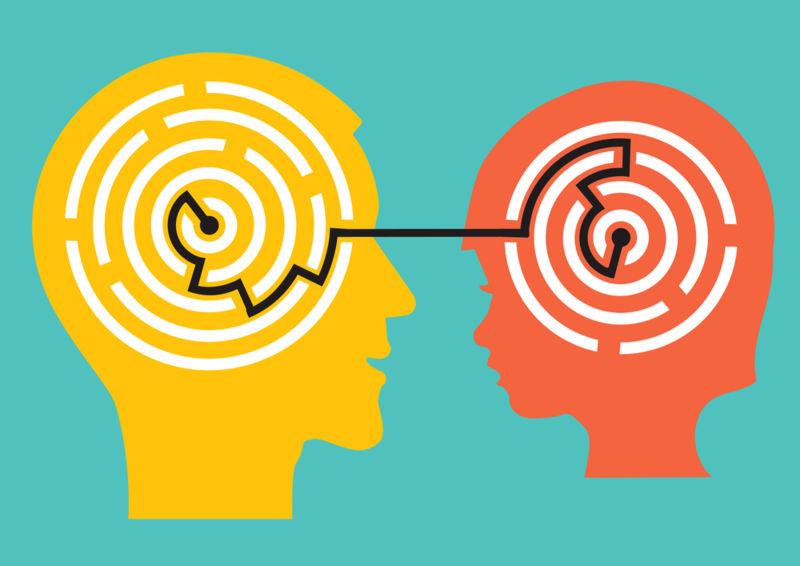Parents’ childhood trauma could cause health problems in kids
ANI Jul 09, 2018
Parents, who had severe trauma or stress in their childhood, are more likely to have kids with behavioural health problems, a study has claimed.

The types of childhood hardships included divorce or separation of parents, death of or estrangement from a parent, emotional, physical or sexual abuse, witnessing violence in the home, exposure to substance abuse in the household or parental mental illness.
"Previous research has looked at childhood trauma as a risk factor for later physical and mental health problems in adulthood, but this is the first research to show that the long-term behavioral health harms of childhood adversity extend across generations from parent to child," said the study's lead author, Dr. Adam Schickedanz.
The study showed that the children of parents who themselves had four or more adverse childhood experiences were at double the risk of having attention deficit hyperactivity disorder and were four times more likely to have mental health problems. A mother's childhood experiences had a stronger adverse effect on a child's behavioral health than the father's experiences, the study found.
Parents who lived through adverse childhood experiences were more likely to report higher levels of aggravation as parents and experience mental health problems, the researchers found. However, these mental health and attitude factors only explained about a quarter of the association with their child's elevated behavioral health risks. The remainder of how the parent's adverse childhood experiences are transmitted to their child's behavior deserves further study.
The findings add to the evidence supporting standardised assessment of parents for adverse childhood experiences during their child's pediatric health visits. "If we can identify these children who are at a higher risk, we can connect them to services that might reduce their risk or prevent behavioural health problems," Schickedanz said. The study was published in the journal Pediatrics.
-
Exclusive Write-ups & Webinars by KOLs
-
Daily Quiz by specialty
-
Paid Market Research Surveys
-
Case discussions, News & Journals' summaries